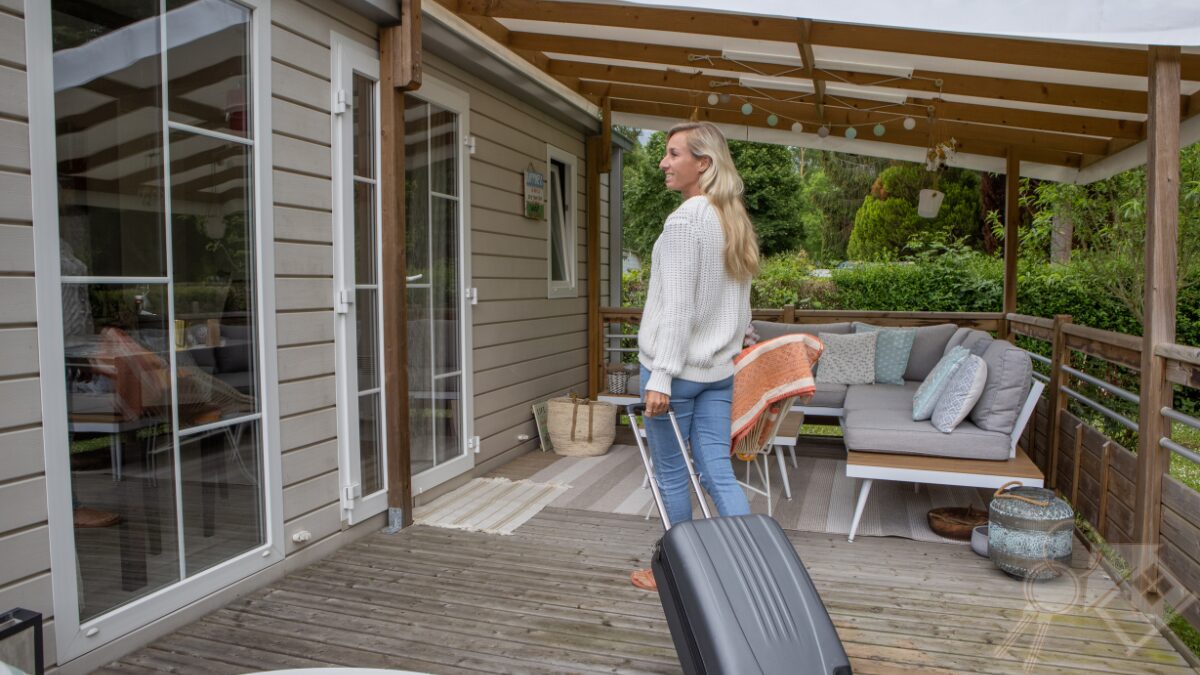The advent of vacation rental websites such as Airbnb, Vrbo, and Booking.com in the last ten years has revolutionized the way people live and travel. A more flexible and inexpensive alternative to hotels, these platforms have made it possible for homeowners to rent out their residences to travelers on a short-term rental basis. This has benefited both hosts and guests, but it has also shaken up the conventional rental industry.
Key Takeaways:
- Short-term rental platforms reduce the supply of long-term rentals, leading to higher rental prices and affordability issues for residents.
- Cities are implementing regulations such as zoning, licensing, and taxation to control the impact of short-term rentals and protect long-term housing supply.
- Short-term rentals boost local economies by attracting tourists and increasing spending but also introduce competition for traditional hotels and affect community dynamics.
- Different cities worldwide have adopted varied regulatory approaches to balance the economic benefits of short-term rentals with the need to maintain affordable housing and community stability.
Market Dynamics and Supply Shifts
Reduction in Long-term Rental Supply:
One of the most direct impacts of the rise of short-term rental platforms is the reduction in the supply of long-term rental housing. Property owners often find it more lucrative to rent their properties on a short-term basis rather than committing to long-term leases. This shift in supply can lead to a shortage of available long-term rental units, driving up prices and making it harder for residents to find affordable housing.
Price Inflation:
As more properties are converted to short-term rentals, the reduced supply of long-term rentals can lead to significant rent increases. This is particularly pronounced in popular tourist destinations and urban centers where demand for short-term rentals is high. Higher rental prices can disproportionately affect low- and middle-income residents, exacerbating issues of housing affordability and displacement.
Neighborhood Dynamics:
The presence of short-term rentals can alter the character and dynamics of neighborhoods. While an influx of tourists can boost local economies, it can also lead to increased noise, congestion, and a sense of transience, which may not be welcomed by long-term residents. This shift can undermine community cohesion and alter the fabric of neighborhoods.
Regulatory Responses
Zoning and Licensing:
In response to the growing prevalence of short-term rentals, many cities and municipalities have implemented regulations to control their spread. These regulations often include zoning restrictions, licensing requirements, and caps on the number of nights a property can be rented out. Such measures aim to balance the benefits of short-term rentals with the need to protect long-term housing supply and community stability.
Taxation:
To level the playing field between traditional hotels and short-term rentals, some jurisdictions have introduced taxes on short-term rental income. These taxes can help generate revenue for local governments, which can be reinvested in housing initiatives and infrastructure improvements. However, the effectiveness of such measures depends on robust enforcement and compliance.
Data Transparency:
Another regulatory approach is to require short-term rental platforms to share data with local authorities. This can help municipalities track the number and distribution of short-term rentals, ensuring compliance with regulations and enabling more informed policy decisions.
Broader Economic Implications
Economic Boost:
On the positive side, short-term rentals can stimulate local economies by attracting tourists who spend money on dining, shopping, and entertainment. This can create jobs and boost income for local businesses, contributing to overall economic growth.
Impact on Traditional Hospitality Industry:
The rise of short-term rentals has also impacted the traditional hospitality industry, leading to increased competition for hotels. While this can drive innovation and improvements in service, it can also lead to a decline in hotel revenues and potentially affect employment in the sector.
Investment and Speculation:
The profitability of short-term rentals has attracted significant investment and speculation in the real estate market. Investors may purchase properties solely for the purpose of short-term renting, further reducing the availability of housing for long-term residents. This trend can contribute to housing bubbles and market volatility.
Case Studies and Global Perspectives
Barcelona, Spain:
Barcelona has faced significant challenges with short-term rentals, leading to stringent regulations. The city has implemented a moratorium on new licenses for short-term rentals and has increased fines for illegal listings. These measures aim to protect long-term housing availability and address concerns about over tourism.
New York City, USA:
New York City has also introduced strict regulations on short-term rentals, requiring hosts to register with the city and imposing limits on the duration of stays. The goal is to mitigate the impact on housing affordability and ensure that short-term rentals do not exacerbate the city’s housing crisis.
Tokyo, Japan:
Tokyo has adopted a balanced approach by allowing short-term rentals but imposing regulations to ensure safety and quality. Hosts must register with local authorities, and the number of rental days is capped. This approach aims to leverage the economic benefits of short-term rentals while protecting long-term housing supply.
FAQs
How do short-term rental platforms like Airbnb affect long-term rental prices?
Short-term rental platforms can reduce the supply of long-term rental housing, leading to increased rental prices and making it more difficult for residents to find affordable housing.
What types of regulations are cities implementing to control short-term rentals?
Cities are implementing regulations such as zoning restrictions, licensing requirements, caps on rental duration, and taxation to control the spread of short-term rentals and protect long-term housing supply.
What are the economic benefits and challenges of short-term rentals for local communities?
Short-term rentals boost local economies by attracting tourists and increasing spending, but they can also lead to higher competition for traditional hotels, impact community dynamics, and exacerbate housing affordability issues.
Conclusion
These platforms help tourists and hosts but threaten housing affordability, community dynamics, and market stability. Short-term rentals will need effective regulation, data openness, and community engagement to manage their effects and provide sustainable and equitable housing options.

